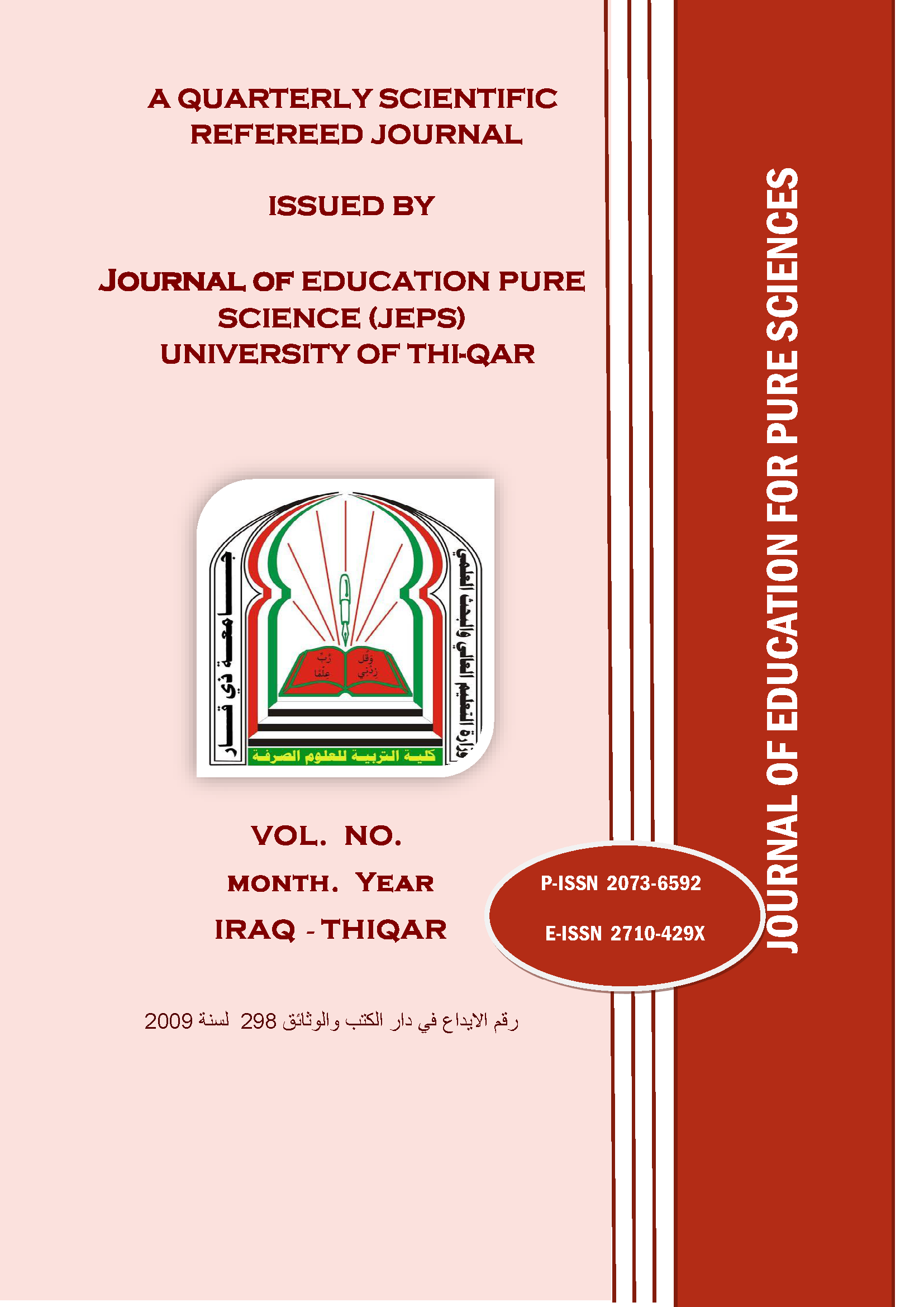Classifying Comments in Social Media Networks Using CNN with SVM
DOI:
https://doi.org/10.32792/jeps.v14i4.452Abstract
People can now communicate with each other and share ideas thanks to social media by posting content on many communication platforms every day. Text comments have become the most widely used in posts across various social media platforms, through which users express their opinions. Manually classifying these comments is a time-consuming process, so this study aims to use artificial intelligence techniques to solve this problem effectively. In this study, we rely on natural language processing (NLP) techniques to classify comments into three categories: positive, negative, and neutral, while using deep learning techniques to increase classification accuracy. The study focuses on classifying tweets posted on the Twitter platform, using a dataset obtained from Kaggle. A long-short-term memory (LSTM) network architecture improved the model performance. The results showed that the proposed model was able to achieve up to 87% accuracy in classifying tweets, highlighting its effectiveness in this field. This model enables reviews to be automatically categorized, which helps customers in their search for goods or services before transacting and saves time. Additionally, marketers can use it to find out what audiences think about their brands and products
Downloads
Published
Issue
Section
License
Copyright (c) 2024 Journal of Education for Pure Science- University of Thi-Qar

This work is licensed under a Creative Commons Attribution-NonCommercial-NoDerivatives 4.0 International License.
The Authors understand that, the copyright of the articles shall be assigned to Journal of education for Pure Science (JEPS), University of Thi-Qar as publisher of the journal.
Copyright encompasses exclusive rights to reproduce and deliver the article in all form and media, including reprints, photographs, microfilms and any other similar reproductions, as well as translations. The reproduction of any part of this journal, its storage in databases and its transmission by any form or media, such as electronic, electrostatic and mechanical copies, photocopies, recordings, magnetic media, etc. , will be allowed only with a written permission from Journal of education for Pure Science (JEPS), University of Thi-Qar.
Journal of education for Pure Science (JEPS), University of Thi-Qar, the Editors and the Advisory International Editorial Board make every effort to ensure that no wrong or misleading data, opinions or statements be published in the journal. In any way, the contents of the articles and advertisements published in the Journal of education for Pure Science (JEPS), University of Thi-Qar are sole and exclusive responsibility of their respective authors and advertisers.





